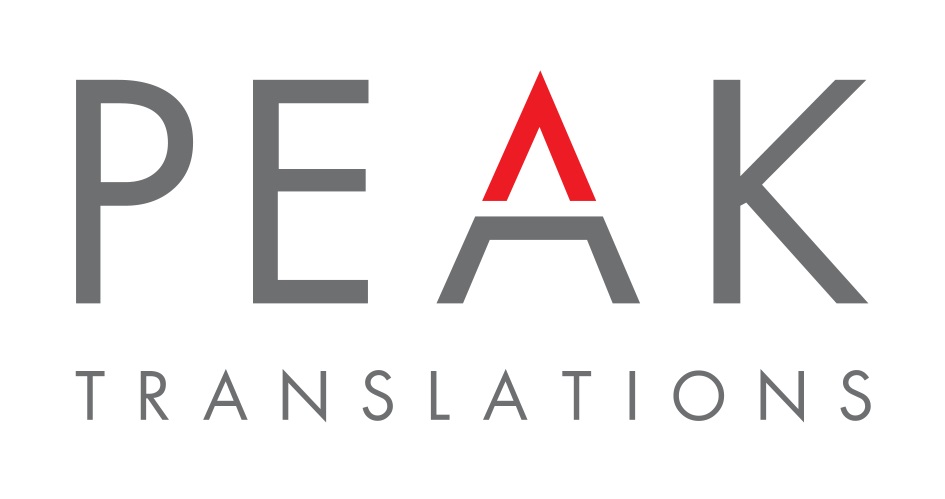 Add My Company
Add My Company
Sign In

1) Numbers
In the English language, numbers are written with decimal points, whereas in French a comma is used. Let us take the example in both the English and French currency. The British pound would be written as £19.99 for example and in Euros as €19.99, whereas in French not only would the decimal point change to a comma, but the pound and euro sign would both be put at the end of the number, 19,99 £ and 19,99 €.
2) The space
The French language likes its space. For instance, when using numbers at a certain time, such as the thousand or more mark, they are written as follows, 10 000 or 100 000, whereas English is more tightly knit, using the comma to separate the numbers without a space, 10,000 and 100,000. Likewise, the use of punctuation varies between England and France. The French language puts spaces before these four punctuation marks, the colon, semicolon, question mark and exclamation point (: ; ? !), but it does not use a space before a full stop (.). E.g. ‘combien ça coûte ?’ would translate as ‘how much is it?’ in English.
3) Units of measure
There are various differences between the English and French units of measure. In distance, the English adopt miles, whereas the French use kilometres, therefore when translating from English to French, 15 miles would be 24 kilometres for instance. The same also applies to measurements and areas, where inches and acres are commonly used in the English language, unlike in France, the French measure in centimetres and hectares. E.g. 4 centimetres would be translated as 10 inches from English to French, and 50 acres would be written as 20 hectares in French.
4) Text
It is important to note that the French language is much longer than the English language. In fact, with regards to translation, it has been said that French is 15-20% longer than its equivalent English text. This can prove problematic where space is tight, for instance translating an English app to French, or perhaps a brochure or website navigation menu where text length is limited. This requires the skills of a professional translator who can adapt the text to ensure that it fits the space, whilst always maintaining the original message.
5) Idioms
Idioms are unique to a country’s culture, which means if they are translated literally they will be completely lost in translation. A tip to translate an idiom from English to French or French to English is to look for an alternative expression. E.g. ‘il pleut comme une vache qui pisse’ would be literally translated as ‘it’s raining like a cow peeing’. To an English person, this phrase would bear no meaning; the corresponding translation would in fact be ‘it’s raining cats and dogs’. Another idiom ‘une bonne fourchette’ literally means a good fork. Again, this would be complete nonsense in English, whereas in fact it means ‘a hearty eater’. There are many idiomatic expressions in both languages and sometimes there doesn’t appear to be any correlation, like with the French idiom ‘les carottes sont cuites!’ Literally this means ‘the carrots are cooked’, but in fact it really means ‘the situation can’t be changed’, which is similar in expression to ‘it’s no use crying over spilt milk’ in English.
For more information on FIVE TIPS TO TRANSLATE FROM ENGLISH TO FRENCH AND FRENCH TO ENGLISH talk to Peak Translations Ltd
Enquire Now
List your company on FindTheNeedle.

